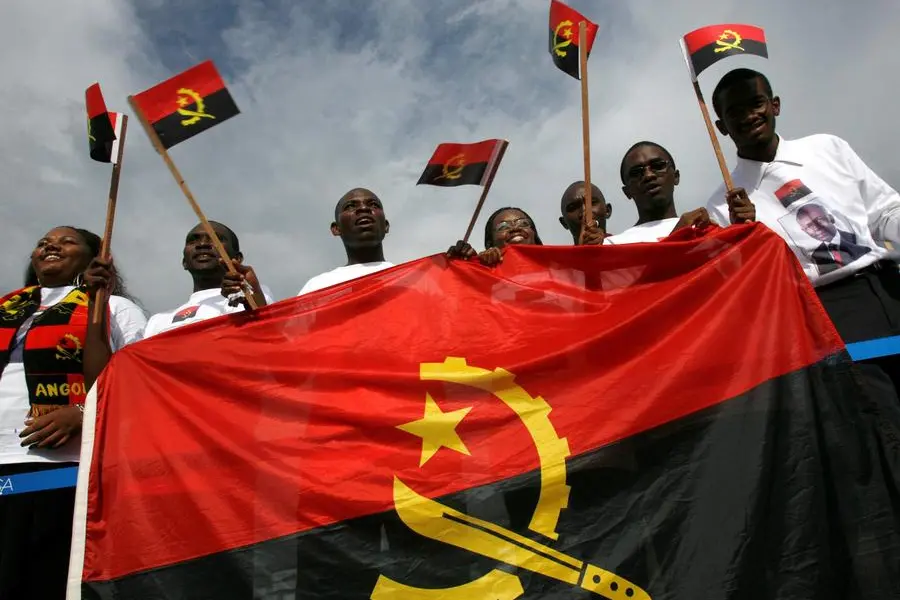PHOTO
LUANDA - The party that has ruled Angola continuously for nearly 50 years claimed victory in this week's election on Friday, after the electoral commission put its vote at 51% in a poll marred by low turnout and opposition accusations of fraud.
Fewer than half of Angola's registered voters cast ballots in Wednesday's election, which now looks certain to give President Joao Lourenco a second five-year term and extend the rule of the MPLA, which has governed the southern African oil producer since independence from Portugal in 1975.
With more than 97% of the vote counted, the election commission said on Thursday the formerly Marxist People's Movement for the Liberation of Angola, or MPLA, was ahead with a 51% majority while its longtime opponent, the National Union for the Total Independence of Angola, or UNITA, had 44.5%.
"We have reached yet another outright majority. We have a calm majority to govern without any kind of problem and we will do it," MPLA spokesman Rui Falcao told a news conference in the capital Luanda.
Wednesday's vote was Angola's most closely fought yet, with unprecedented gains for the opposition, who have complained about the counting process.
Analysts fear any dispute could ignite violence among a poor and frustrated youth who voted for Junior. The MPLA and UNITA, formerly both anti-colonial guerrilla groups, were on opposing sides of an on-off, post-independence civil war that lasted 27 years until 2002.
But since the election, the streets have been mostly calm, aside from the odd protest broken up by tear gas and baton-wielding police.
Civil society activists shared images on social media of dozens of young people marching, chanting and waving banners in protest against electoral fraud in the coastal town of Lobito on Friday. Reuters was unable to verify these images.
UNITA, for the first time, will have deprived the MPLA of the two-thirds majority needed to pass major reforms - the ruling party will instead need the backing of other lawmakers.
Election data released on Friday also showed that turnout was just 45.65% of eligible voters.
(Reporting by Catarina Demony Additional reporting by Sergio Goncalves in Lisbon Writing by Francesco Guarascio and Tim Cocks Editing by Mark Heinrich)





















